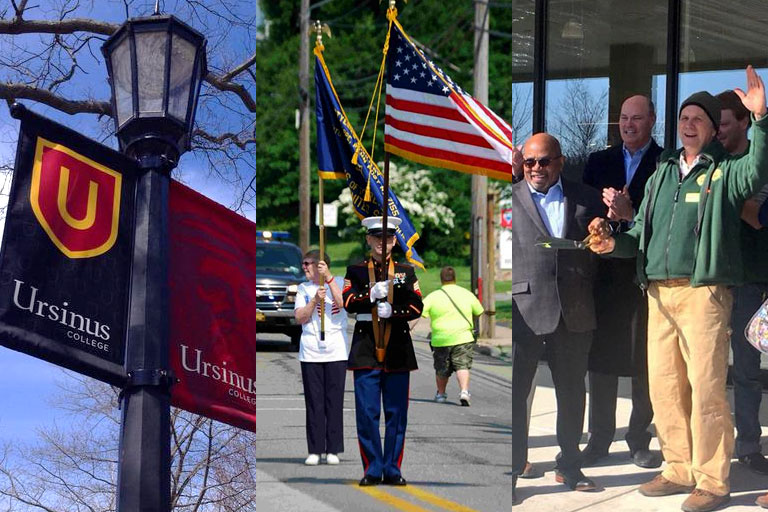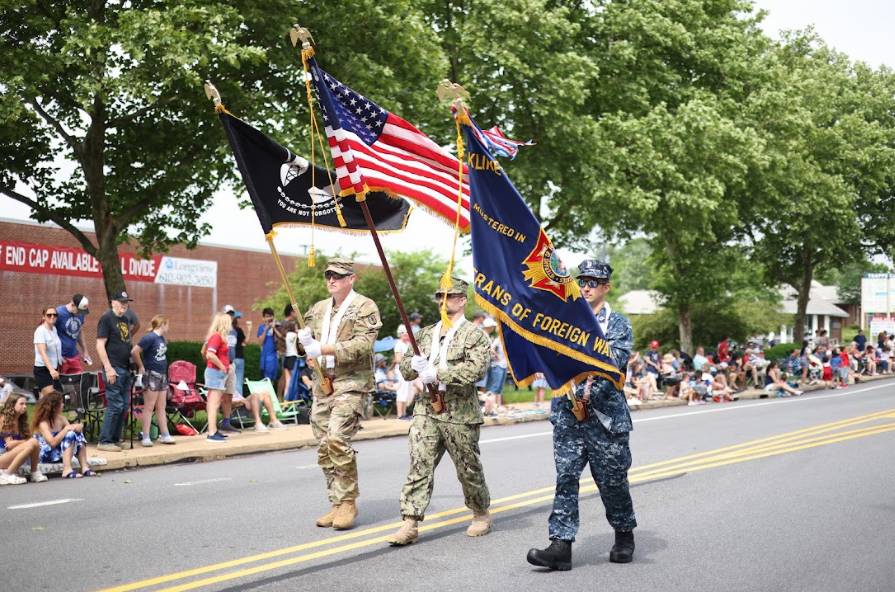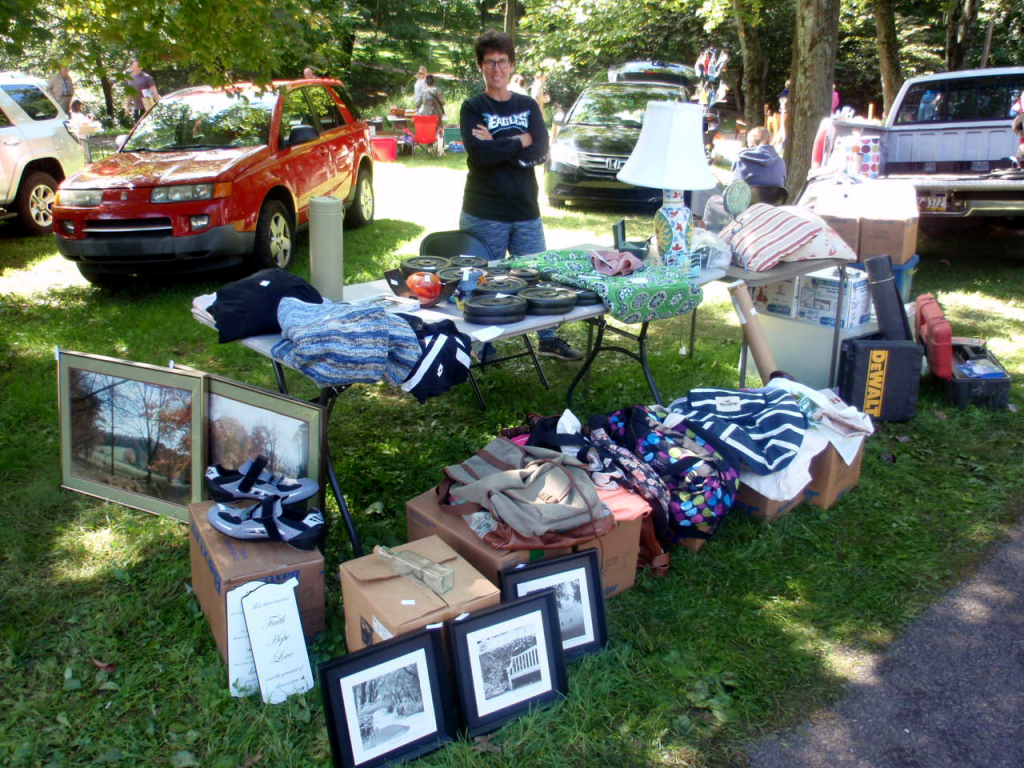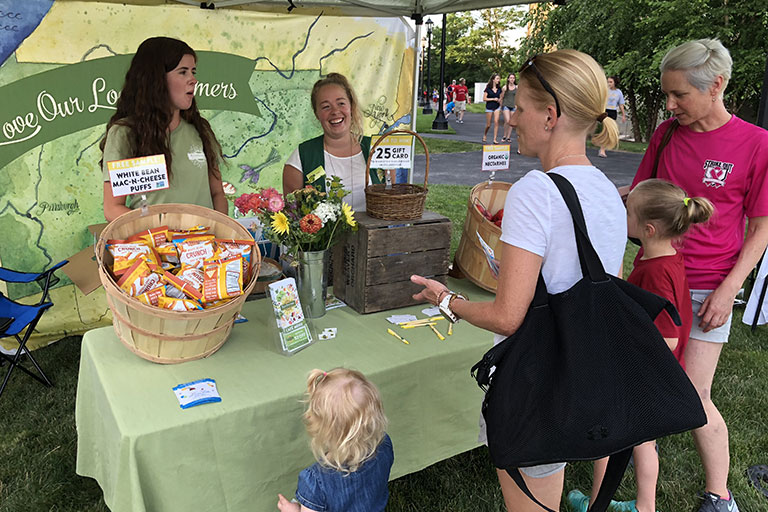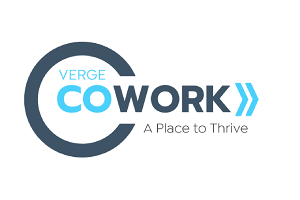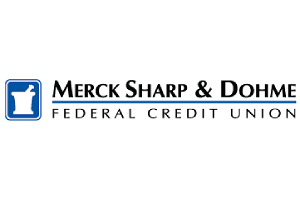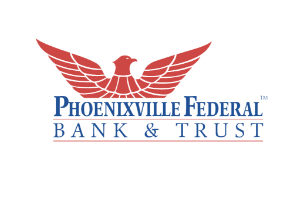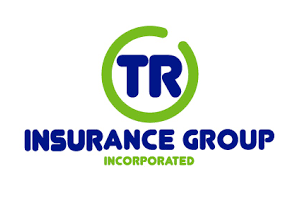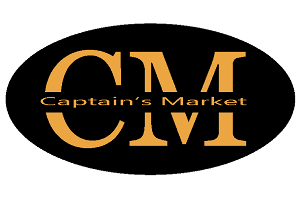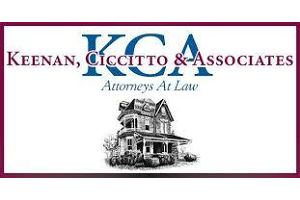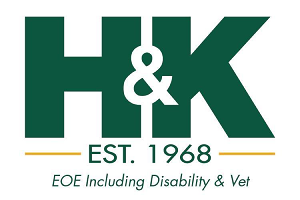
At the April 26th Borough Business Development Committee meeting, Cynthia van Zelm, the Executive Director of the Mansfield Downtown Partnership, and Lou Marquet, Executive Vice President of Layland Alliance, walked the committee through the major steps in the process they used to create their college town.
For many years the University of Connecticut operated a large, successful academic campus in rural Mansfield, CT. There was just one major problem: it was located literally in the middle of nowhere. Dining, shopping and entertainment options were non-existent.

In order to attract and keep top faculty and students, the University realized they needed to create a college town. And the Township knew that their residents would greatly benefit from a commercial district. So in 1999, the Mansfield Town Council formed the “Town Green Committee” to research options for increasing the town’s tax base and revitalizing its downtown area.
An Exceptional Partnership
A public-private partnership was the key to their success.

Based on recommendations from that Committee, in 2001, the Township and UConn created the non-profit Mansfield Downtown Partnership, which acted as the town’s municipal planning partner. The Partnership also staffs an Economic Development Commission (EDC).
The Partnership acts on behalf of the town to fundraise, and its 501c3 status allows them to receive grants. The 13-member board of the organization is composed of representatives from the community, business owners, the Town of Mansfield and the University of Connecticut. Other major partners in the development of the new town include their lead developer, the Leyland Alliance, and EdR, which owns the rental spaces.

The University owned about 12 acres of land adjacent to the campus. That land was combined with the acquisition of private land to eventually create “The Storrs Center,” named for its location within the Village of Storrs—one of 19 villages that comprise Mansfield.
Over the course of several years, the Partnership and LeylandAlliance developed comprehensive design guidelines—which doubled as zoning regulations—and sustainability guidelines for the new downtown. The design guidelines were unanimously approved by Mansfield’s Planning and Zoning Commission.

Acquiring Funding
Public Funding
Over time, the township procured $25 million in federal and state grants for expanded infrastructure, including new roads, streetscape improvements, and an Intermodal Transit Center. The town offered tax abatements to Rental Space Owner EdR to reimburse for public infrastructure costs related to the first two phases of development, with a seven-year schedule for each abatement period.
Private Funding
Co-developers LeylandAlliance (owner of the commercial space) and EdR (owner of the rental residential space) raised over $200 million through investors and financing.
Business Recruitment and Retention

Once the Storrs Center buildings were nearing completion, the Partnership worked to attract a mix of retail, restaurants, offices, and services to cover the daily necessities for the faculty, staff, students and residents (grocery stores, pharmacies, auto repair, hair salons) and provide food and entertainment. They first worked to attract top “destination” businesses to their new town. These desirable tenants would act as catalysts to spur other businesses to relocate. They were offered a 35 percent discount and reduced rent for the first five years.
This college town has now been over 10 years in the making, and despite years of delays, represents one of the largest, most ambitious public-private partnerships in CT state history. Today, downtown Storrs is a vibrant, walkable downtown district that is home to over 60 businesses, the Town Hall, the Mansfield Community Center, the regional high school, residential apartments and townhomes, public open spaces, and the Betsy Paterson Square.
More details can be found in the Mansfield Downtown Partnership slide presentation. (3Mb. Not recommended for mobile viewing.)
Created in January 2018, the Borough of Collegeville Business Development Committee oversees economic development and business recruitment in the borough. It is made up of volunteers from the borough and administered by a Borough Council member.
The CEDC website does not allow comments. We encourage you to use the ShareThis social share buttons at the top of the page to post this to your social media account or email and comment there.

You may voice your opinion to the editor at [email protected]. Your message to the editor will not be published.

